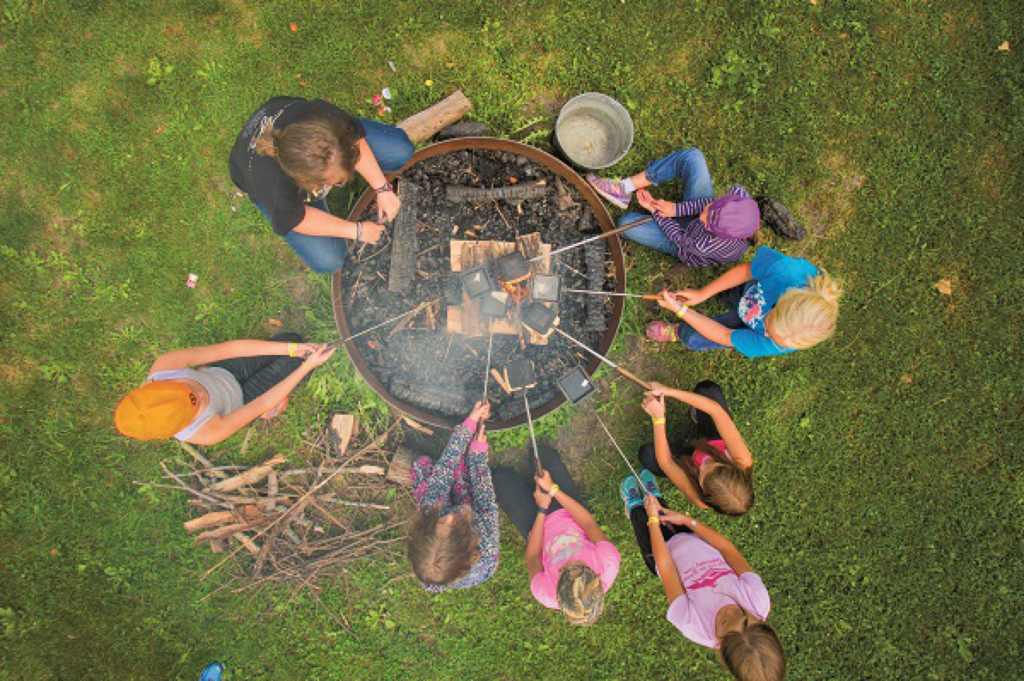The role of a camp cook at summer camp is an essential and often underappreciated position that can make or break the camping experience for campers and staff. While many people may think of camp cooking as simply preparing meals, the job of a camp cook encompasses much more than that. From planning and organizing meals to creating a welcoming and inclusive dining atmosphere, a camp cook plays a vital role in ensuring a positive camp experience for all.
One of the most important aspects of a camp cook’s role is menu planning and food preparation. A camp cook is responsible for creating well-balanced and nutritious meals that meet the dietary needs of campers and staff. This includes accommodating any allergies, intolerances, or special dietary requirements and providing vegetarian and vegan options. Menu planning also involves considering the preferences of campers and staff and incorporating variety into the meal schedule. The camp cook must be creative in their meal planning, using the available ingredients and resources to provide diverse and flavorful meals during the camp session.
In addition to menu planning, a camp cook is responsible for food purchasing and inventory management. This involves creating a shopping list, sourcing ingredients from local suppliers, and managing the camp’s food budget. A camp cook must be mindful of portion sizes and ensure that food is well-spent while maintaining a well-stocked kitchen to meet the needs of the camp community. They must also be aware of food safety and sanitation protocols to ensure the kitchen and dining areas are clean and safe for food preparation and consumption.
Furthermore, a camp cook creates a positive and inclusive dining atmosphere. The dining hall is often the heart of the camp, where campers and staff come together to share meals, bond, and build community. The camp cook must cultivate a welcoming and inclusive environment in the dining hall where everyone feels valued and comfortable. They must be approachable and attentive to the needs of campers and staff and be prepared to address any concerns or special requests. The camp cook can also use meal times to teach campers about nutrition, cooking, and healthy eating habits, fostering a positive relationship with food and a sense of ownership over meal choices.

In addition, the camp cook often serves as a mentor and role model for campers interested in cooking and nutrition. They can involve campers in meal preparation, teaching them valuable cooking skills and inspiring a love for food and cooking. Campers who participate in cooking activities may also develop a greater appreciation for the effort and care that goes into meal preparation, fostering a sense of gratitude and respect for the camp cook and kitchen staff.

Overall, the role of a camp cook at summer camp is multifaceted and requires diverse skills, including menu planning, food preparation, inventory management, and creating a welcoming dining atmosphere. A camp cook’s impact goes beyond providing meals; they can influence the camp experience positively for both campers and staff. By nurturing a positive relationship with food, fostering a sense of community, and sharing their passion for cooking, camp cooks play a vital role in creating a memorable and enriching camp experience for all.
No responses yet